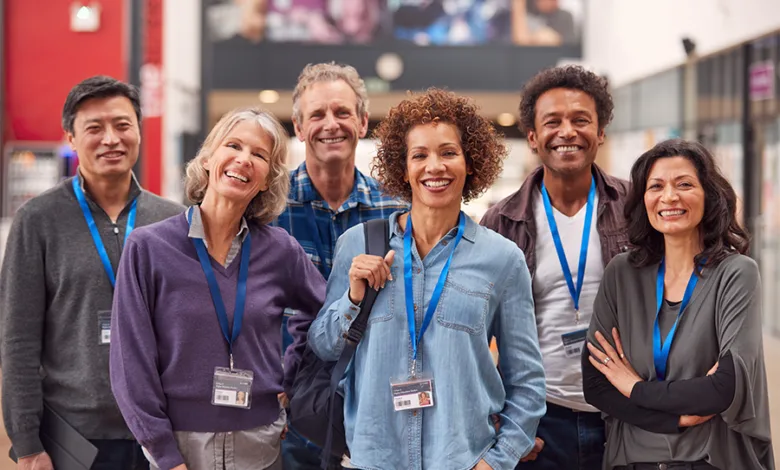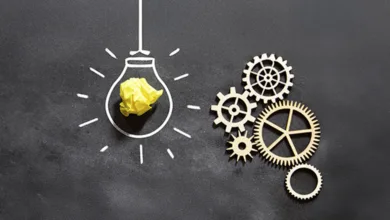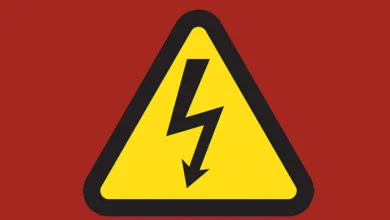How to Overcome THIS Challenge in Retirement

What do you think retirees say has been their biggest challenge?
Financial concerns? Health issues? Family? Caregiving responsibilities?
According to findings from a Harvard research projectª Guess again: It’s relationships!
After treating patients for nearly 50 years, a doctor shared his challenge: “Absolutely nothing about work itself. I miss the people and friendships.”
An employee forced into retirement shared he worked on his hobbies. “I need to work!” he told the research team. “Nothing too substantial, but I’m learning I love being around people.”
Perhaps this is not an issue for those who have cultivated a strong social network outside of work. However, for those whose social network was predominately work associates, this network often dissolves, bringing loneliness, depression, and health issues.
We don’t notice how meaningful our relationships are until they are gone.
How can you cultivate new and meaningful relationships?
Practice “Social Fitness.…
Human Performance Resources defines social fitness as how much you assess, build, and optimize relationships and interactions with others.
These connections are essential to your overall health and your ability to perform and be your best.
Like physical fitness, results don’t happen overnight. It requires intention and practice to bring about its benefits.
Social fitness requires taking stock of our relationships and being honest with ourselves about where we’re devoting our time and whether we’re tending to the connections that help us thrive.
The National Institute of Health reminds us of some positive social habits to help us stay mentally and physically healthy:
- Join a group focused on a favorite hobby or interest.
- Travel and meet new people.
- Start or join a group to stay physically active or join a local fitness center.
- Join groups to stay relevant or elevate your knowledge about topics of interest.
- Listen without judgment or blame. Be empathetic.
- Respectfully disagree. Conflicts should not turn into personal attacks.
- Compromise and try to come to agreements that work for everyone.
- Protect yourself from violent or abusive people. Set boundaries. Decide what you are and aren’t willing to do. It’s OK to say no.
“We humans are social beings. We come into the world as the result of others’ actions. We survive here in dependence on others. Whether we like it or not, there is hardly a moment of our lives when we do not benefit from others’ activities. For this reason, it is hardly surprising that most of our happiness arises in the context of our relationships with others.” ~The Dalai Lama






